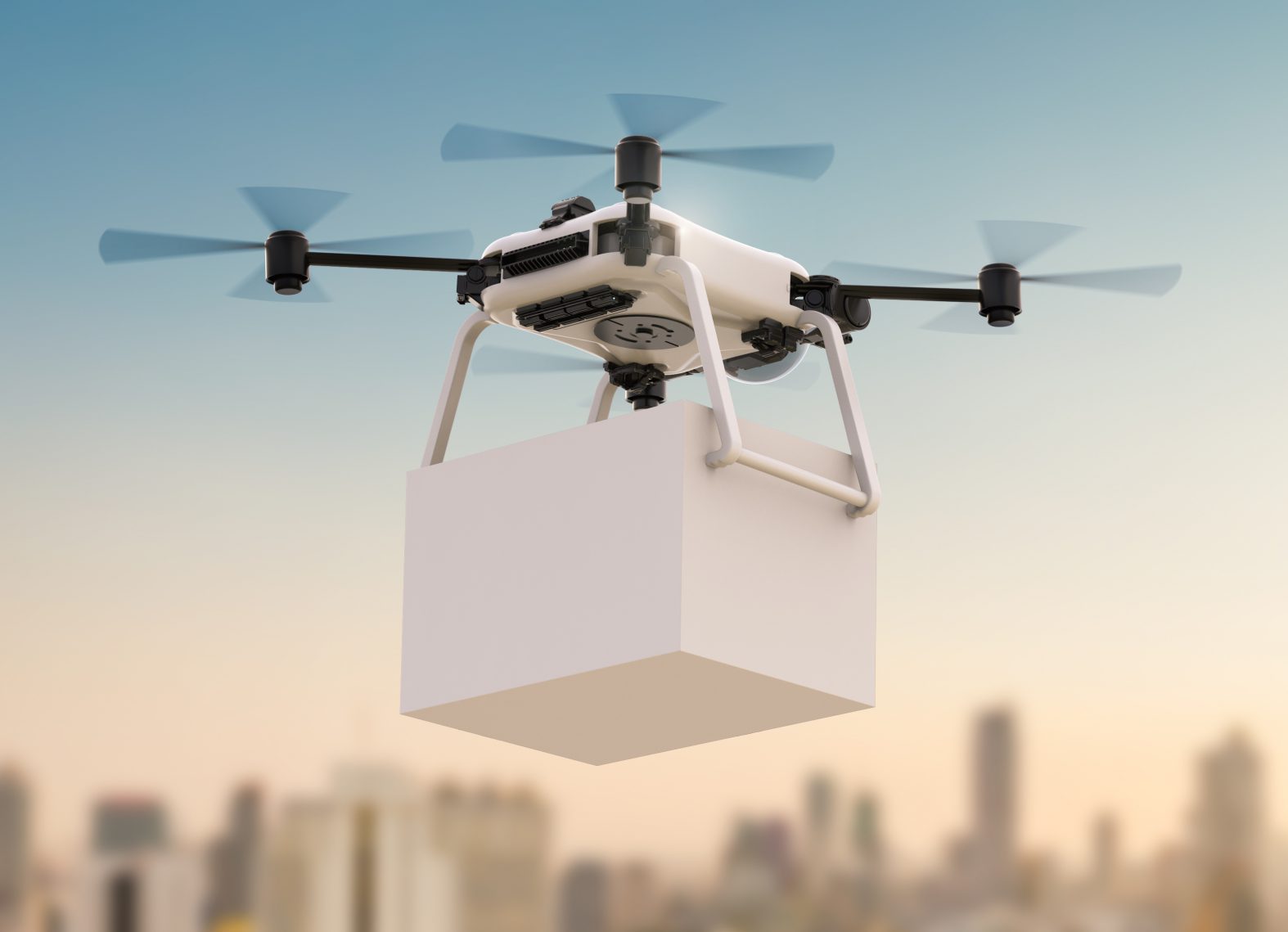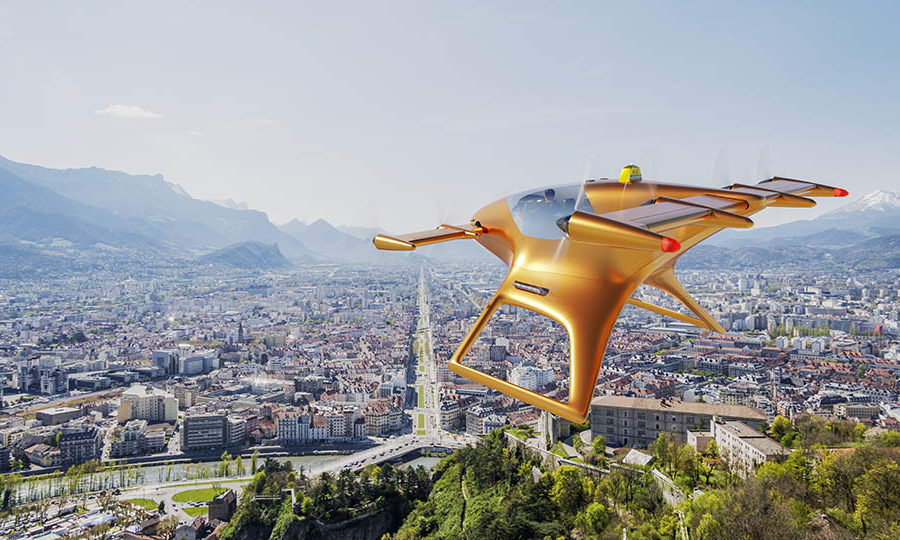Creating an accessible and inclusive future flight

Businesses lose approximately £2 billion per month by ignoring the needs of disabled people.
More than 1 in 5 consumers have a disability, and 75% of them have decided against using a UK business because of poor accessibility. The UK is playing a key role in the global effort to revolutionise the way we move people and goods through the development of new innovative aviation solutions. The global market for drones and advanced air mobility (AAM) is projected to be approximately $74 billion by 2035 with drone services alone predicted to offer a 1.8% increase in GDP by 2030. To fully realise the economic and social benefits of these new aviation solutions, they must be accessible to all.
Empowering innovators to embed inclusive solutions in their future flight projects at the concept stage is the key to unlocking the full economic and social benefit. Many companies fail to consider the needs of disabled people and often solutions are an afterthought. To address this, Innovate UK KTN, in collaboration with CCD Design and Ergonomics Ltd (now Mima Group), recently worked with a selection of organisations to encourage them to think about different scenarios and consider inclusive solutions.
Three commercial scenarios and personas were assessed:
- Drone delivery service for someone with a visual impairment
- What products might drone delivery be available for?
- What platform, technology or method of updates might be most appropriate?
- What information will be included?
- How will individuals know the item is being/has been delivered?
- How will individuals know where the item has been left?
- How easy is it to reorder?
- Urban journey for two people with mobility impairments
- How will the service and journey to vertiport be booked?
- Will staff be available at the vertiport? who are they, how will they help and what training do they need to provide this?
- What assistance will be available for pre-boarding and boarding?
- Have you considered storage for mobility aids including wheelchairs?
- How will individuals be supported to disembark?
- Sub-regional journey for family with cognitive impairments
- What can help alleviate anxiety?
- When booking, what information should be provided and what information will the operator require?
- Who will be at the airport to greet them?
- How will the family fill their time whilst waiting for their trip?
- Will there be any specific facilities the family may need to know about? How will they find them?
- What will be included in the onboard experience to ease anxiety?
- How will the experience differ from traditional flight?
Some common themes to emerge from the work included:
- The need for a trained customer engagement team to support people through their whole journey.
- Clear wayfinding, signage and flight information in a range of formats.
- Being able to accommodate assistance dogs and/or mobility aids.
- Adjustable and flexible designs to cater for a range of impairments (e.g. seat height, charge points).
- Physically accessing the new aircraft and onboard comfort.
- Ensuring pre-service familiarity to negate anxiety and/or potential safety issues.
You can read more about the findings of this work by downloading the Creating an Accessible and Inclusive Future Flight presentation.
How to get further support for your future flight project
If you would like to be connected to organisations to help you embed inclusive solutions into your project or work with people with lived experiences, email futureflight@iuk.ktn-uk.org.
If you are a UK-based organisation specialising in inclusive design solutions and would like to work with innovators developing new aviation solutions please consider adding your capability to the Future Flight Landscape Map – this online interactive tool enables anyone to find capability and expertise in the UK.
About the Future Flight Challenge
The Future Flight Challenge is a four-year government and industry funded £300 million programme to advance the development of new aviation technologies. Future Flight will enable the operation of drones, advanced air mobility (AAM) and sub-regional electric or electric-hybrid aircraft. It will revolutionise the way we move people and goods by creating efficiencies and improving connectivity to jobs, education, health and services.
Find out more about the Future Flight Challenge by visiting the UK Research and Innovation website.
To find expertise, services, news, publications and events from Innovate UK KTN, go to the Future Flight webpage, or email the Future Flight team: futureflight@iuk.ktn-uk.org.
Related Content
Related programme

Future Flight Landscape
Connecting the wide variety of UK sectors and expertise that are fundamental to the third aviation revolution.

